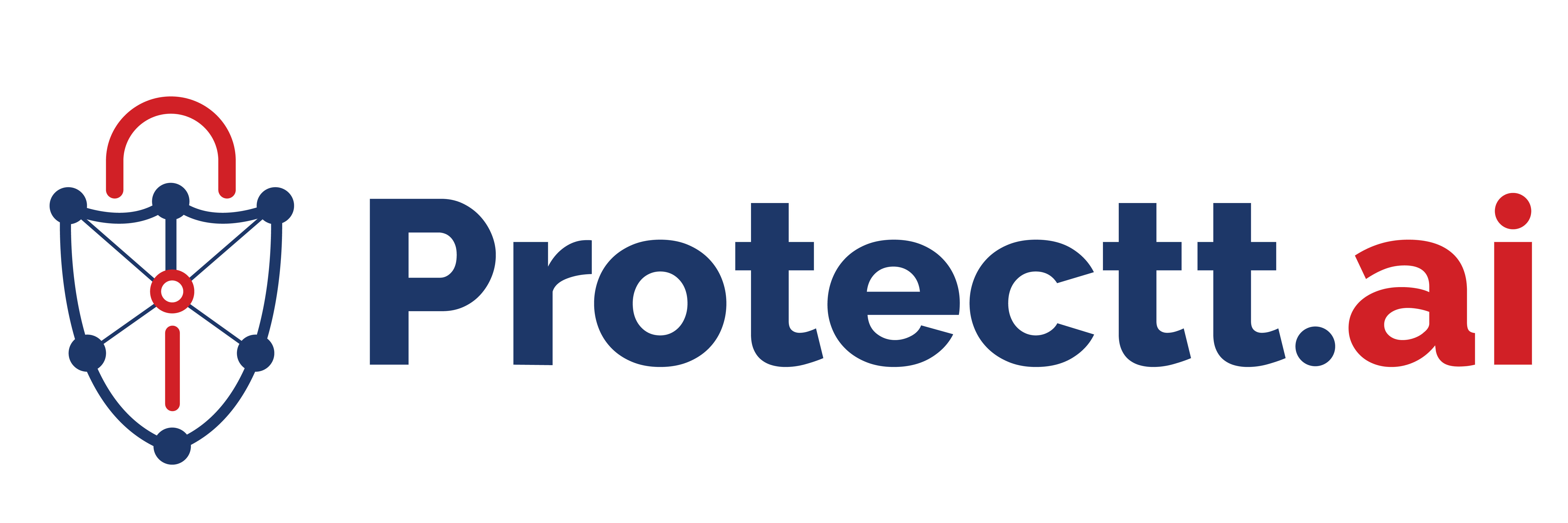Mobile applications are the backbone of modern enterprises, enabling seamless operations, Mobile payments, data exchange, and customer interactions. As mobile apps integrate with advanced technologies like AI-driven analytics and IoT ecosystems, they become critical points of vulnerability for cyberattacks.
Sophisticated threats, such as dynamic code tampering and advanced persistent threats (APTs), specifically target apps to exploit sensitive data and user trust. For example, Banking Mobile Apps and Real Time Payment Mobile Apps are prime targets due to the high stakes involved. Ignoring app security in such scenarios can lead to catastrophic data breaches, eroded client confidence, and non-compliance penalties.
Unlike traditional endpoint security, protecting mobile apps requires proactive measures such as Runtime Application Self-Protection (RASP). These solutions empower mobile apps to detect and neutralize threats in real time, safeguarding both the data pipeline and the app’s integrity.
A robust security framework not only defends against threats but also positions businesses as trustworthy innovators in their industry. Customers and partners are more likely to engage with organizations that prioritize security, making it a crucial differentiator in competitive markets.
By embedding advanced security into their mobile apps, businesses ensure resilience and foster growth in an era where digital trust drives success.







